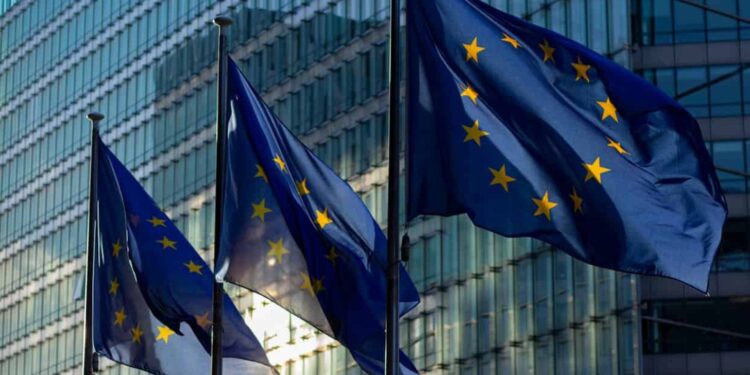Europe’s ambitious drive to regulate its digital landscape, spearheaded by landmark legislation like the Digital Markets Act (DMA) and the General Data Protection Regulation (GDPR), is increasingly facing criticism for inadvertently stifling innovation and undermining the continent’s own strategic interests in the global tech race.
While noble in their intent to foster fair competition, protect consumer data, and curb the dominance of tech giants, these regulations are creating a complex and burdensome environment that disproportionately affects smaller European startups and deters investment. The sheer volume and restrictiveness of nearly 100 tech-focused laws, comprising thousands of pages of provisions, make it challenging for businesses to navigate, top to increased operational costs and legal uncertainty.
The DMA, in particular, has drawn fire for its “ex-ante” approach, which pre-emptively designates “gatekeepers” and imposes rigid mandates, often with little consideration for the technical complexities or unintended consequences. Forcing companies to open up integrated ecosystems, for instance, risks compromising existing security measures and disincentivizes further innovation in device development. Companies like Apple and Google, despite being accused of non-compliance, argue that these rules penalize their success in building easy-to-use and reliable products, rather than truly fostering competition.
The ripple effect is clear: European startups, lacking the vast resources of their larger counterparts, struggle to comply with the extensive data protection and interoperability requirements. Studies have shown that GDPR, while lauded for data privacy, has had a mixed impact on innovation, with some evidence suggesting a shift towards incremental rather than radical product development, and a disproportionate burden on Small and Medium-sized Enterprises (SMEs). Investors, particularly from outside Europe, are becoming wary, perceiving a hostile regulatory environment where success is punished.
This regulatory zeal risks isolating Europe from global technological advancements, particularly in rapidly evolving fields like Artificial Intelligence (AI). While Europe has a strong foundation in scientific research and innovation, the current regulatory climate makes it difficult to commercialize these advancements and scale homegrown tech champions. Many deep-tech startups are reportedly seeking opportunities outside the continent, where regulatory landscapes are more agile and conducive to rapid development.
To secure its digital future and competitiveness, Europe must re-evaluate its approach. A more balanced strategy that prioritizes smart regulation over overregulation, fosters a supportive environment for startups, and recognizes trusted platforms as integral parts of the global digital economy is crucial. The focus should shift from merely curbing market power to actively empowering innovation, ensuring Europe can not only participate but lead in the evolving technological landscape.










![Online Scam Cases Continue to Rise Despite Crackdowns on Foreign Fraud Networks [Myanmar] Online Scam Cases Continue to Rise Despite Crackdowns on Foreign Fraud Networks [Myanmar]](https://sumtrix.com/wp-content/uploads/2025/06/30-12-120x86.jpg)




